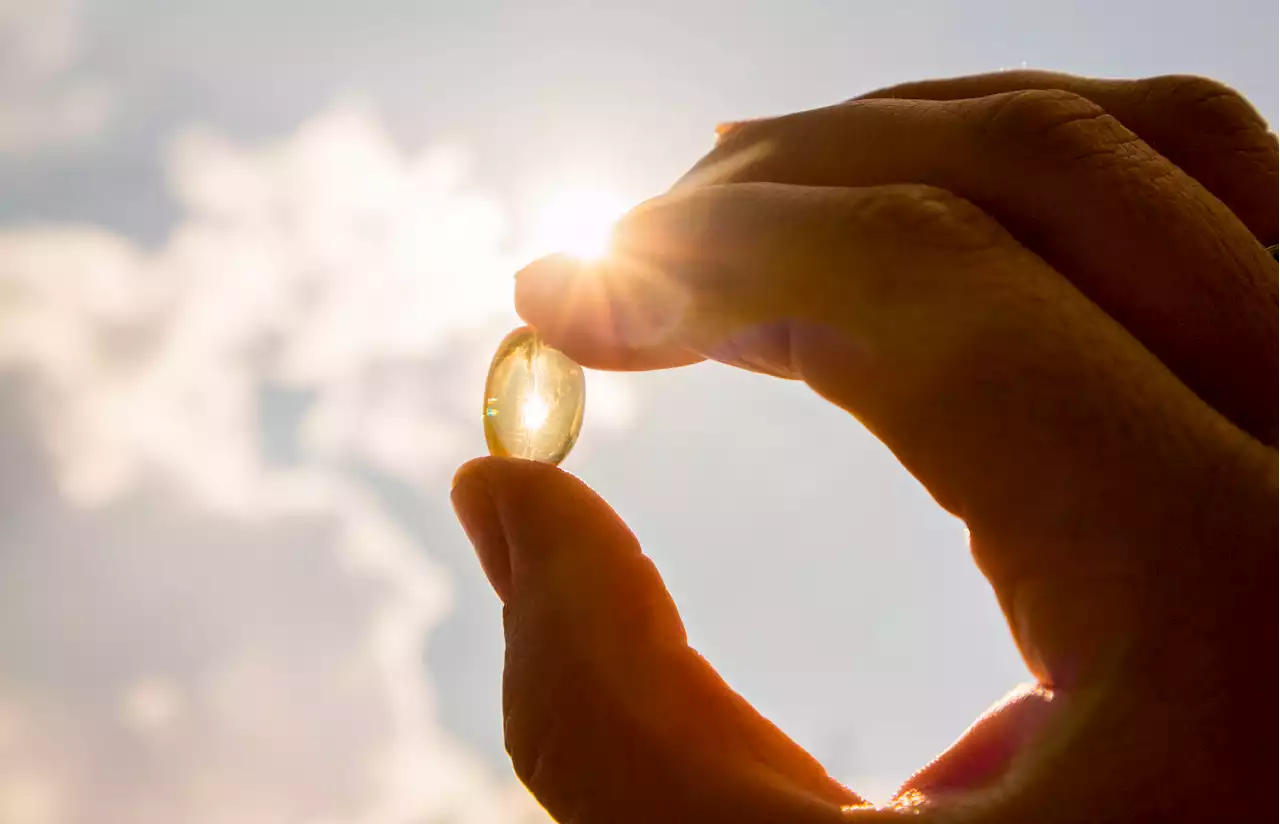A growing body of research is still untangling the link.
— found that those with normal body weight who took vitamin D experienced a 42 percent reduction in their risk of cancer death. The clinical trial lasted more than 5 years and involved about 26,000 middle-aged and older men and women., researchers were not able to draw conclusions on specific cancers, just on the risk of any type of cancer fatality, says Mason, the project’s lead investigator.
As for how much vitamin D people need to reduce risk, there isn’t evidence that high levels are better than moderate levels, she says. “We know it’s important to have adequate vitamin D levels in terms of bone health and cardiovascular function. Some is good but more is not necessarily better.” Plus, too much vitamin D can lead to elevated calcium levels in the blood and kidney stones.We can get vitamin D from food, but it’s minimal compared to what we can get from the sun.
United States Latest News, United States Headlines
Similar News:You can also read news stories similar to this one that we have collected from other news sources.
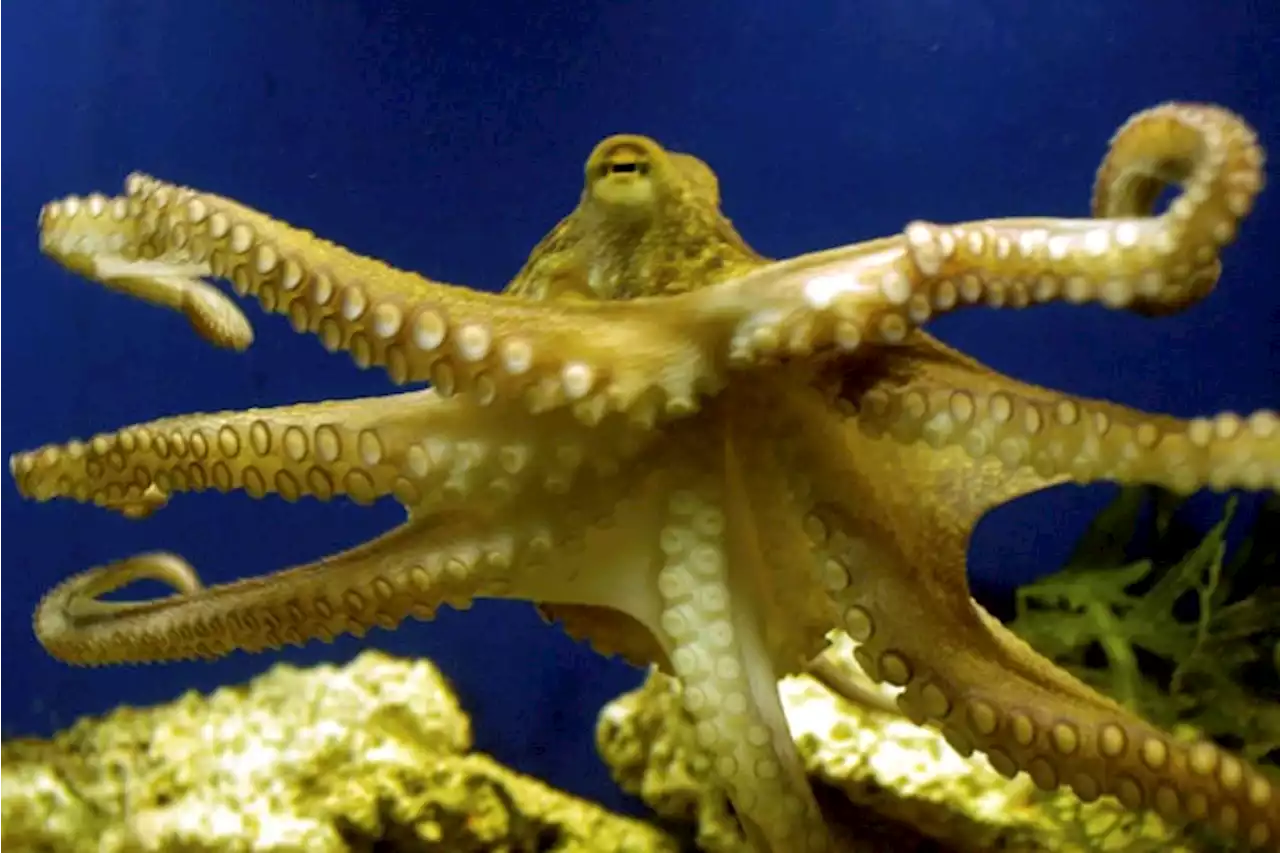 Octopus ancestors lived before era of dinosaurs, study showsScientists have described the oldest known fossil ancestor of octopuses — an approximately 330 million-year-old specimen found in Montana.
Octopus ancestors lived before era of dinosaurs, study showsScientists have described the oldest known fossil ancestor of octopuses — an approximately 330 million-year-old specimen found in Montana.
Read more »
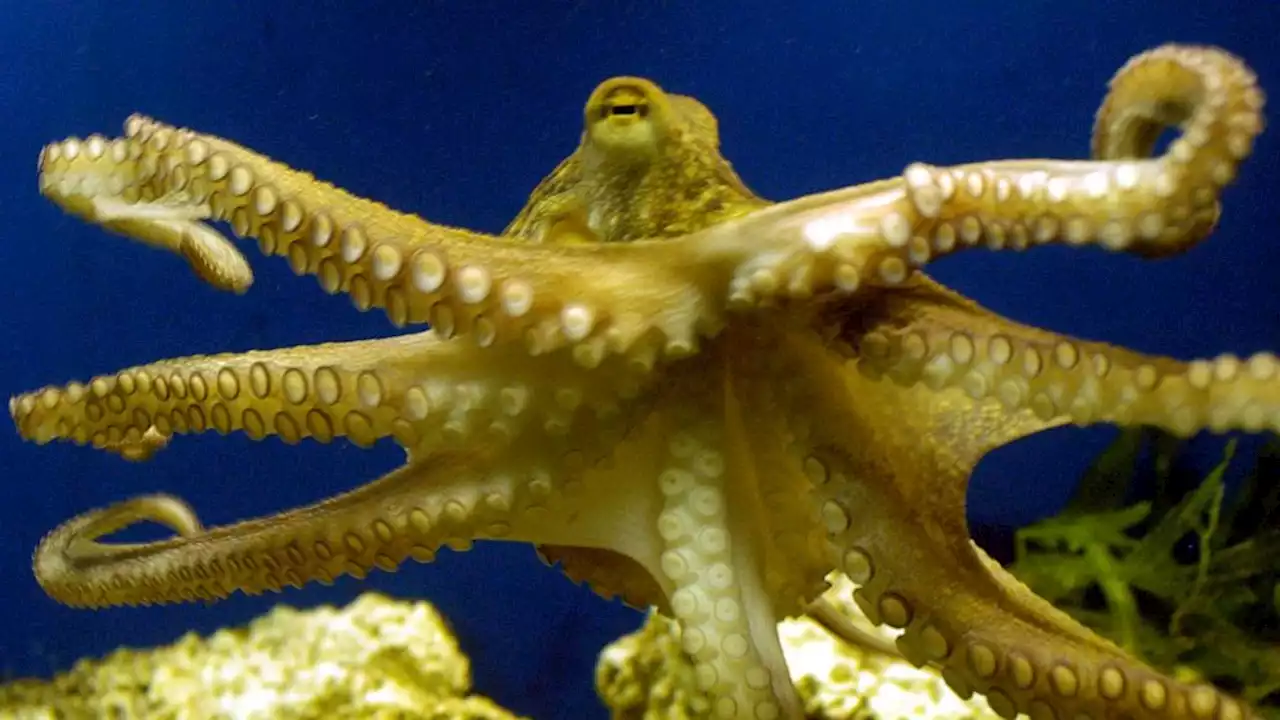 Octopus ancestors lived before era of dinosaurs, study showsScientists say they have discovered the oldest known ancestor of octopuses: an approximately 330 million-year-old fossil unearthed in Montana.
Octopus ancestors lived before era of dinosaurs, study showsScientists say they have discovered the oldest known ancestor of octopuses: an approximately 330 million-year-old fossil unearthed in Montana.
Read more »
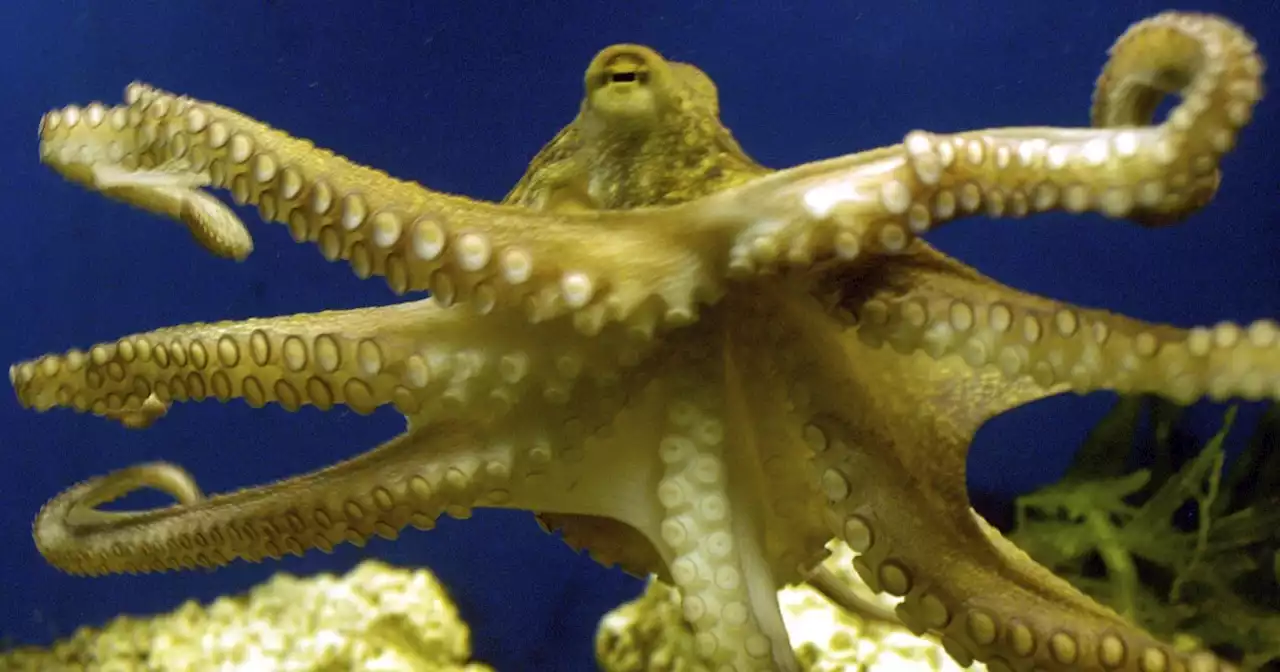 Scientists find octopus ancestor that predates dinosaurs and name it after President BidenScientists have described the oldest known fossil ancestor of octopuses — an approximately 330-million-year-old specimen found in Montana.
Scientists find octopus ancestor that predates dinosaurs and name it after President BidenScientists have described the oldest known fossil ancestor of octopuses — an approximately 330-million-year-old specimen found in Montana.
Read more »
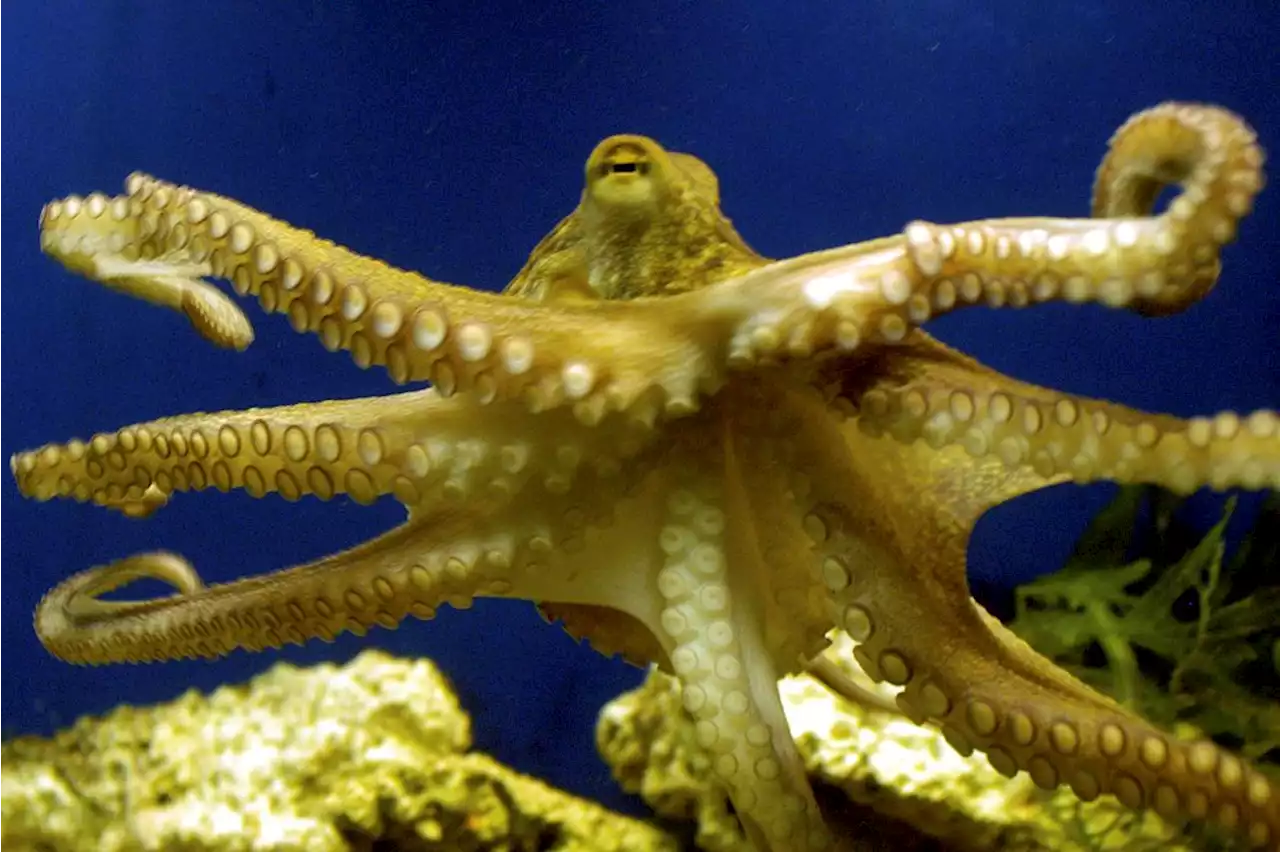 Octopus ancestors lived before era of dinosaurs, study showsScientists have found the oldest known ancestor of octopuses – an approximately 330 million-year-old fossil unearthed in Montana.
Octopus ancestors lived before era of dinosaurs, study showsScientists have found the oldest known ancestor of octopuses – an approximately 330 million-year-old fossil unearthed in Montana.
Read more »
 NASA warns thawing permafrost could free microbes locked away for thousands of yearsScientists do not know what effect these microbes would have if they were released into the current ecosystem.
NASA warns thawing permafrost could free microbes locked away for thousands of yearsScientists do not know what effect these microbes would have if they were released into the current ecosystem.
Read more »
![]() To Test Cancer Drugs, These Scientists Grew ‘Avatars’ of TumorsGrowing organoids in dishes and xenografts in mice lets scientists re-create a living person’s tumor—and test dozens of drugs against them at the same time.
To Test Cancer Drugs, These Scientists Grew ‘Avatars’ of TumorsGrowing organoids in dishes and xenografts in mice lets scientists re-create a living person’s tumor—and test dozens of drugs against them at the same time.
Read more »
